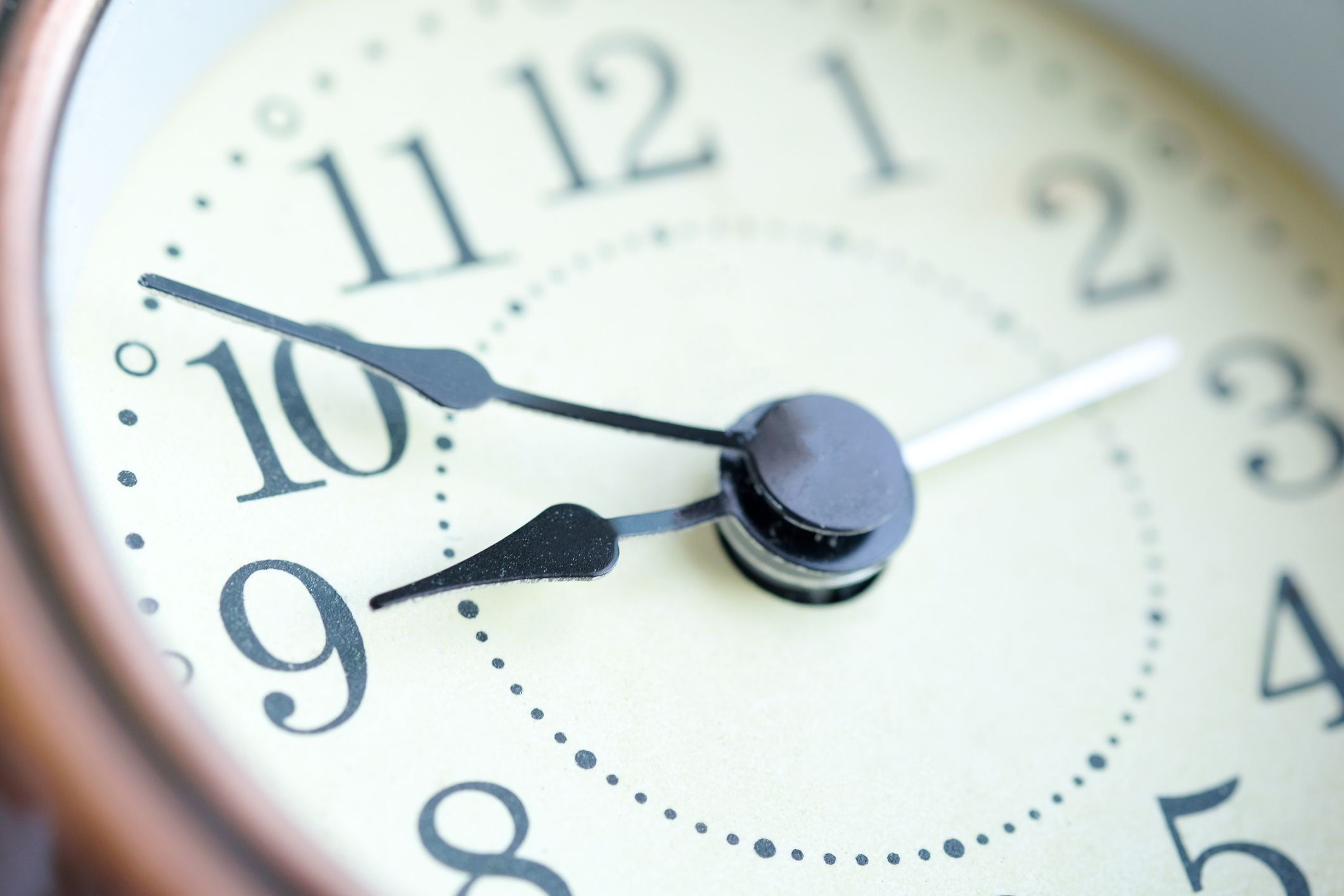
We don't normally experience the passage of time like the ticking of a clock. Time races by when we need it most and plods to a near stop when we're bored. Although our brains have plenty of ways to keep track of time, scientists know little about the way we log the timescales of memories and experiences.
Now, with a little help from rats and chocolate, researchers have found a network of cells that they think play a crucial role in the way our brain records our experiences. Their results were published Thursday in the journal Nature.
The human brain uses a number of systems to keep time, from sequences of seconds of activity to 24-hour circadian rhythms, according to study author and Nobel laureate Edvard Moser, who directs the Norwegian University of Science and Technology's Kavli Institute for Systems Neuroscience. As he explained to Newsweek, "These are all clock-like in the sense that activity changes with progression of time."
But the mechanism his team studied is different. It measures the progression of subjective time as governed by our experiences.
Moser and colleagues probed an area of the brain called the lateral entorhinal cortex. The team weren't sure what this brain region did, but they could see its signals change over time. Irritating at first, this unstable activity became a source of insight, Moser explained. Researchers eventually realized the signal might be fluctuating with time.
"Time is a non-equilibrial process. It is always unique and changing," Moser said in a statement. "If this network was indeed coding for time, the signal would have to change with time in order to record experiences as unique memories."
The team used a rat to investigate this time-coding network. At first, they gave the critter free rein to explore a landscape littered with pieces of chocolate. This activity produced a unique time signal, suggesting the rat had a good record of time and the sequence of events it experienced during the experiment, Kavli Institute researcher Jørgen Sugar explained in a statement. "We were able to use the signal…to track exactly when in the experiment various events had occurred."
Next, the team homed in on a tighter set of activities, training the rat to follow chocolate through a maze shaped like a figure eight. They watched as the signal changed character from its unique sequence to a repetitive, predictable pattern, Kavli Institute researcher Albert Tsao said in the statement.
This suggested the rat had "a refined understanding of [the passage of time] during each lap, but a poor understanding of time from lap to lap and from the start to end throughout the experiment," he added.
The research sheds light on some of the processes involved in Alzheimer's disease, Moser explained to Newsweek. "Lateral entorhinal cortex is the first cortical brain area affected in [the condition]," he said. Time and space, he added, are strongly affected in the first stages of Alzheimer's.
There is still much to learn about the mysterious mechanism, Moser added, such as how this episodic clock interacts with other timekeeping systems in the brain. "The findings open a new research area," he said.
Uncommon Knowledge
Newsweek is committed to challenging conventional wisdom and finding connections in the search for common ground.
Newsweek is committed to challenging conventional wisdom and finding connections in the search for common ground.
About the writer
Katherine Hignett is a reporter based in London. She currently covers current affairs, health and science. Prior to joining Newsweek ... Read more
To read how Newsweek uses AI as a newsroom tool, Click here.








